Within the framework of the 6th Global Forum of Young Vietnamese Intellectuals in 2025, on July 19, Deputy Minister of Foreign Affairs Le Thi Thu Hang made three important recommendations to pave the way for overseas Vietnamese intellectuals to return or contribute remotely to the country's development.
These solutions not only demonstrate innovative thinking but also reflect the Government 's determination to utilize overseas Vietnamese intellectual resources.
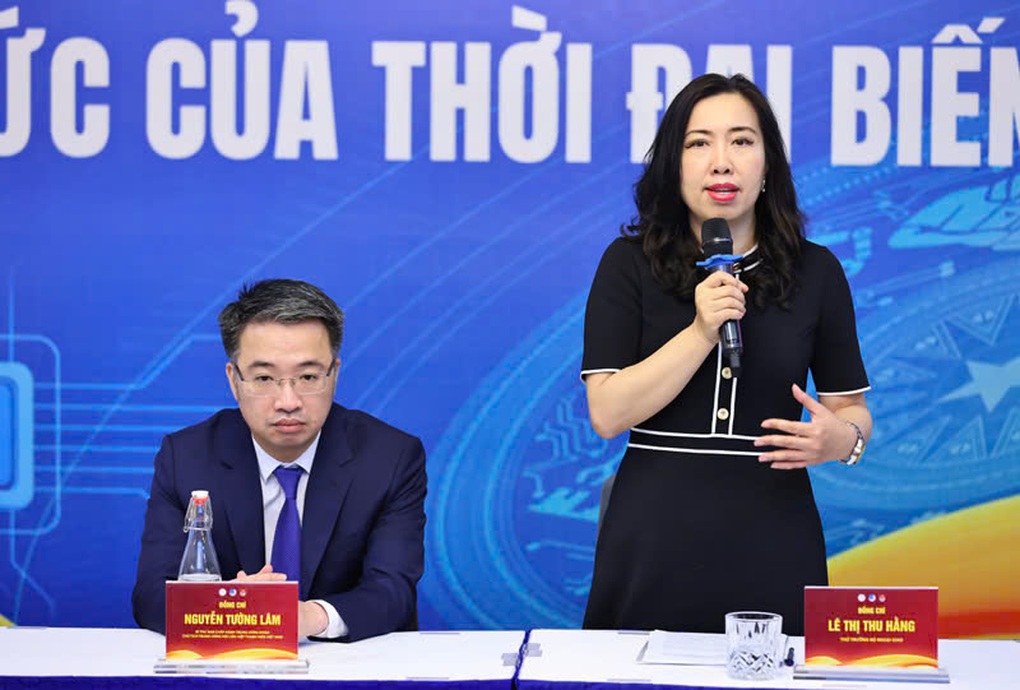
Deputy Minister of Foreign Affairs Le Thi Thu Hang (right) made three recommendations to pave the way for Vietnamese intellectuals abroad to return or contribute remotely to the country's development (Photo: Duc Vu).
Create favorable legal conditions
The first recommendation of Deputy Minister Le Thi Thu Hang focuses on perfecting the legal framework, especially regulations related to nationality.
According to her, the amended Law on Vietnamese Nationality has brought about positive changes, allowing overseas Vietnamese to retain or restore their Vietnamese nationality without violating the laws of the host country. On the other hand, the current nationality registration process has been simplified, requiring only submitting documents to the embassy, then transferring them directly to the Ministry of Justice with a clear processing time.
In particular, the second and third generations born abroad also have the right to choose Vietnamese nationality. With Vietnamese nationality, overseas Vietnamese intellectuals will enjoy full rights as citizens in the country, including the right to own real estate and do real estate business, eliminating previous barriers such as having to ask someone else to stand in their name.
Building a competitive work environment and supporting research
The second recommendation of Deputy Minister Le Thi Thu Hang emphasized the importance of building a healthy working environment and fair competition based on capacity and contribution.
"Many Vietnamese intellectuals abroad, especially scientists, want to contribute to the country but face difficulties due to a lack of modern facilities and laboratories.
I propose to invest heavily in public universities, laboratory systems and research facilities. At the same time, there needs to be a mechanism of financial autonomy and flexible remuneration, without a "salary ceiling" to attract talent," Deputy Minister Hang shared.
More importantly, she encouraged not to differentiate between the public and private sectors, as both contribute to the overall development of the country.
Universities such as Can Tho University of Medicine and Pharmacy have adopted an open policy, creating conditions for young lecturers from abroad to work, but still need more research support funds to help them maximize their capacity.
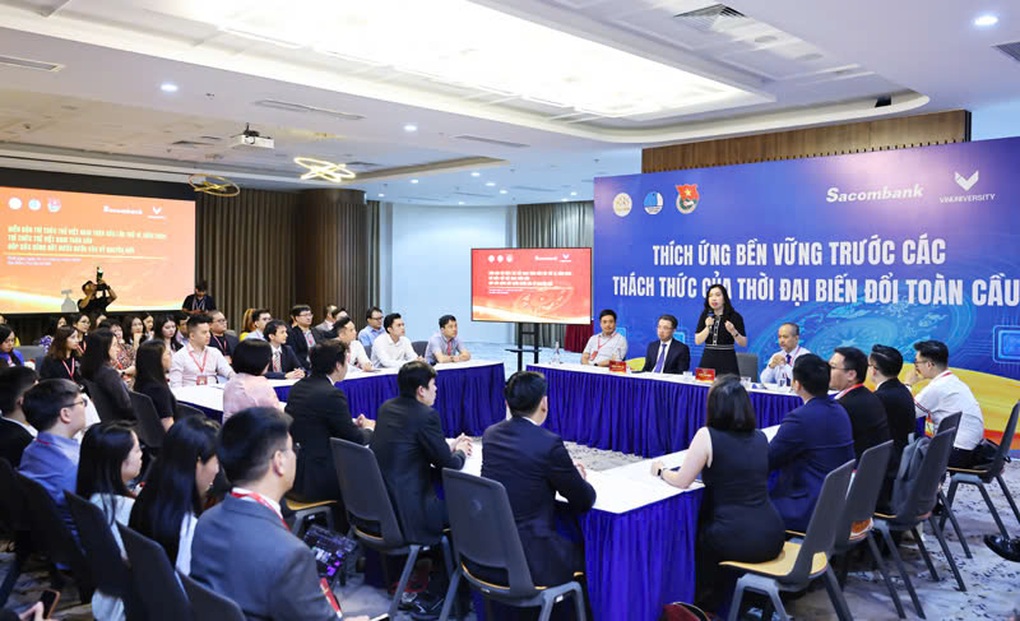
Young Vietnamese intellectuals around the world meet and give their opinions at the Global Young Vietnamese Intellectuals Forum (Photo: Duc Vu).
Order specific topics and connect effectively
The third recommendation is that government agencies, ministries and localities need to propose specific problems and research topics for overseas Vietnamese intellectuals to participate in.
Deputy Minister Hang emphasized that the general call to "return home to contribute" will not be effective without specific projects.
To support connectivity, she proposed building a database that gathers information from Vietnamese intellectuals abroad, making it easier for them to submit ideas, proposals and participate in projects.
Vietnamese representative agencies abroad, such as embassies and consulates general, need to have clear procedures for receiving and handling these proposals.
Young intellectuals' demands: Need clearer mechanisms
At the forum, many young intellectuals expressed their desire to receive more specific support in terms of mechanisms and policies to create favorable conditions to contribute to the country's development.
Dr. Dinh Vu Ngoc Cuong, a researcher on materials science in Vietnam, proposed that there should be a quick mechanism for granting patents to help initiatives be implemented promptly.
He also proposed the establishment of concentrated research zones, combining the state and private sectors, to convert inventions into real products.
Mr. Nguyen Phuoc Lap, lecturer at Can Tho University of Medicine and Pharmacy, emphasized the need for research support funds for young lecturers returning from abroad.
Meanwhile, Mr. Do Duc Ton, working in Kazakhstan, proposed recognizing equivalent academic titles and reducing complicated administrative procedures when cooperating in research with Vietnam.
Listening to the proposals and recommendations of young intellectuals, Deputy Minister Le Thi Thu Hang acknowledged and emphasized that these solutions not only aim to solve current problems but also aim to turn Vietnam into a high-income developed country by 2045.
Harnessing the wisdom of the global Vietnamese intellectual community, through the network built from the Global Vietnamese Young Intellectuals Forum, is key to realizing this vision.
The Deputy Minister called on young intellectuals to continue to contribute specific ideas, from research projects, technological initiatives to policy reform proposals.
The Deputy Minister emphasized the support of the Central Youth Union and representative agencies. These ideas will be transferred to ministries and branches to realize, bringing practical benefits to the country.
Source: https://dantri.com.vn/lao-dong-viec-lam/de-xuat-khong-gioi-han-tran-luong-de-thu-hut-nhan-tai-ve-nuoc-lam-viec-20250719140323441.htm



![[Photo] The Steering Committee of the 2025 Fall Fair checks the progress of the organization](https://vphoto.vietnam.vn/thumb/1200x675/vietnam/resource/IMAGE/2025/10/20/1760918203241_nam-5371-jpg.webp)
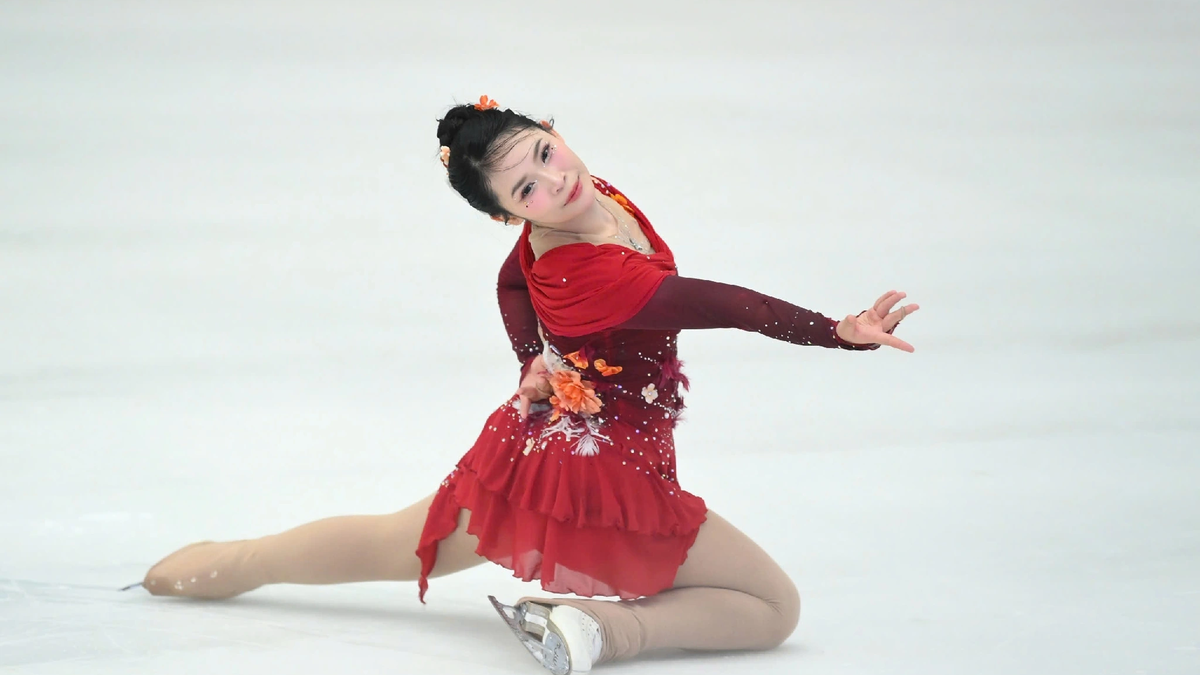



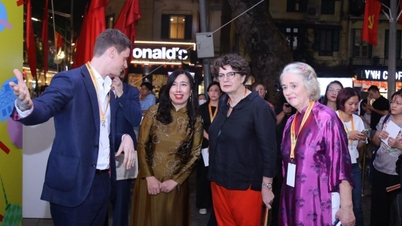





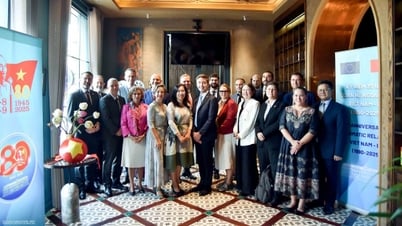
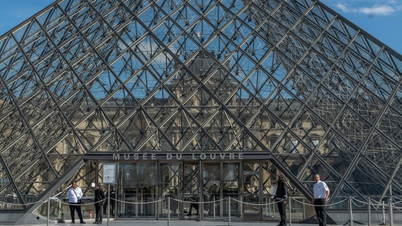

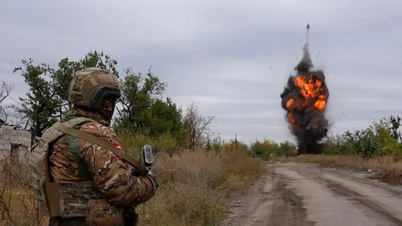
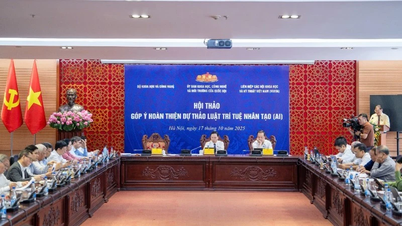


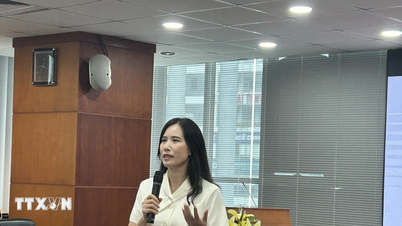







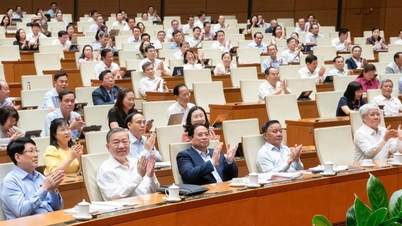



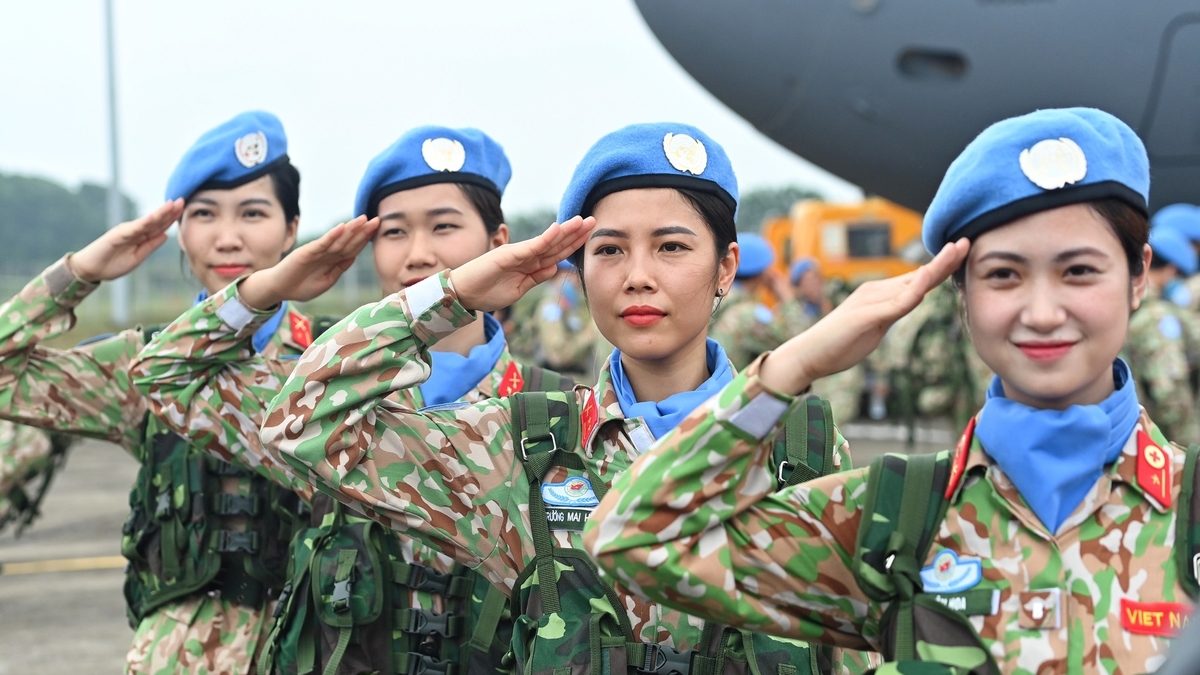
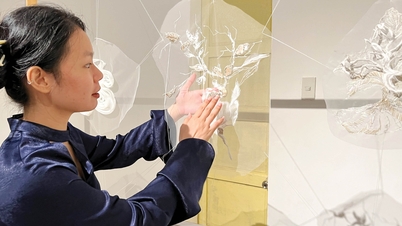

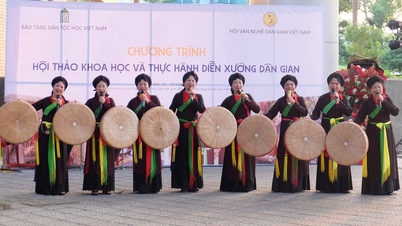



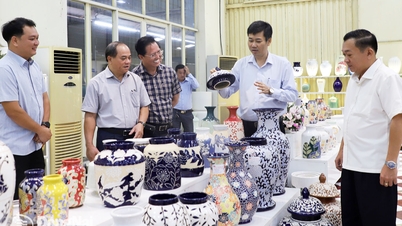







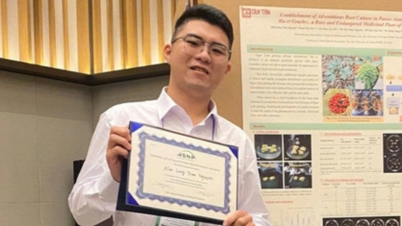



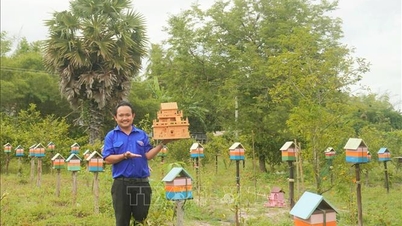




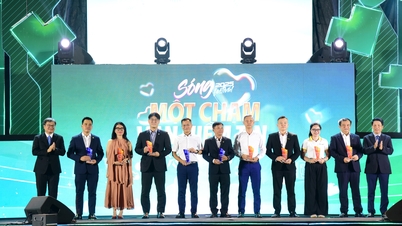












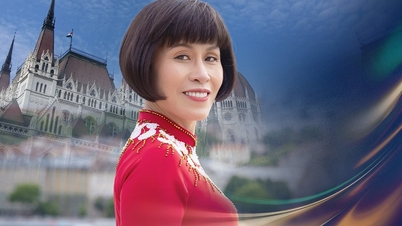
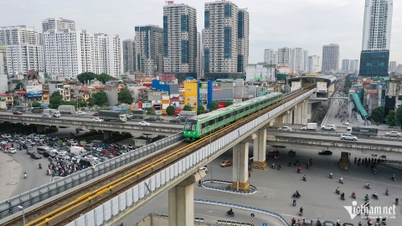
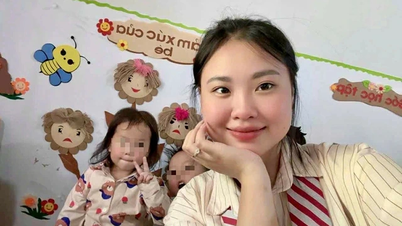


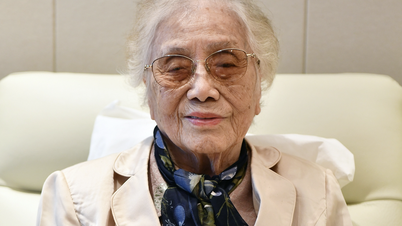


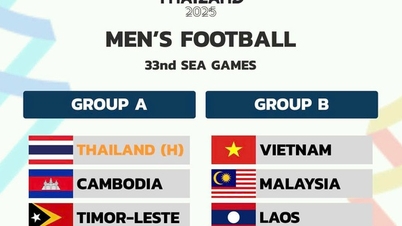

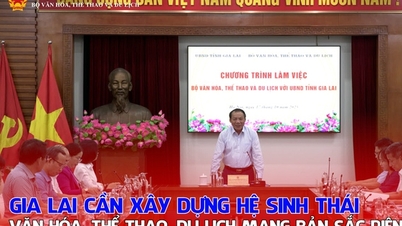


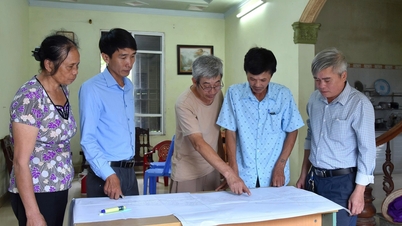

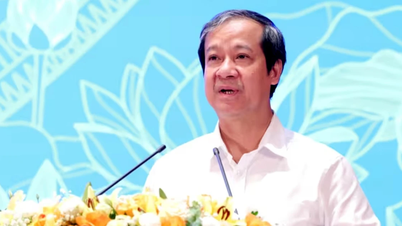



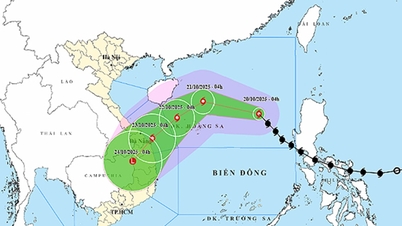

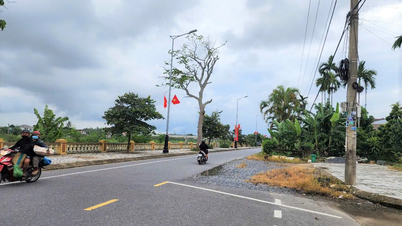
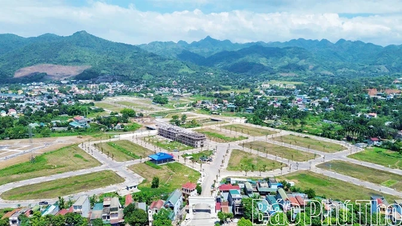














Comment (0)